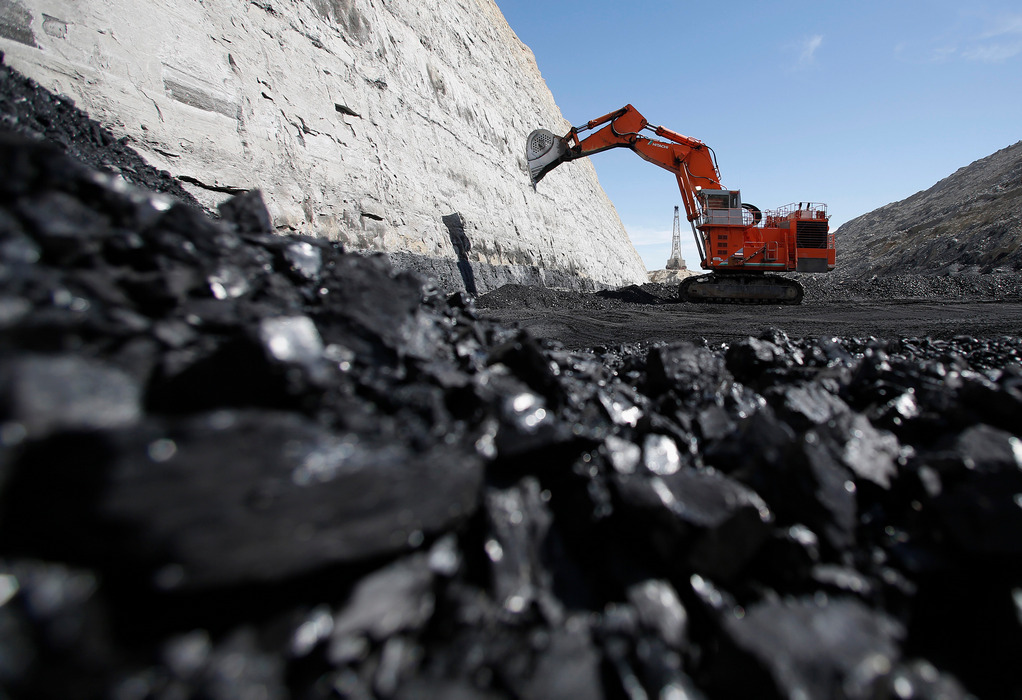The government informed that India needs 1.3 to 1.5 billion tonnes of coal by 2030. “Due consultations were held for finalizing India’s approach for negotiations at COP-21 and prior to signing the Paris Agreement. As per Economic Survey, the demand for coal is expected to remain in the range of 1.3-1.5 billion tonnes by 2030,” Union Minister of Coal, Mines and Parliamentary Affairs Pralhad Joshi said in a written reply in Lok Sabha.
He said, “Coal is the most important and abundant fossil fuel in India and accounts for 55 per cent of the country’s energy need. Commercial primary energy consumption in India has grown by about 700 per cent in the last four decades. The current per capita commercial primary energy consumption in India is about 350 kgoe/year. Coal is not only the primary source of energy in the country but is also used as an intermediary by many industries such as steel, sponge iron, cement, paper, brick-kilns etc.”
He added, “Similarly, with an increase in growth of industries using coal, their demand for coal has also been increasing; hence, there has been an overall increase in the demand for coal over the years.”
The Union Minister said that being an affordable source of energy with substantial reserve, coal is going to stay a major source of energy in the foreseeable future. “Despite the push for renewables, the country will require base load capacity of coal-based generation for stability and also for energy security,” he said.
Overarching decisions titled ‘Glasgow Climate Pact’ reflect the agreement between parties with regard to coal and fossil fuel subsidies.
“‘Calls upon Parties to accelerate the development, deployment and dissemination of technologies, and the adoption of policies, to transition towards low emission energy systems, including by rapidly scaling up the deployment of clean power generation and energy efficiency measures, including accelerating efforts towards the phasedown of unabated coal power and phase-out of inefficient fossil fuel subsidies, while providing targeted support to the poorest and most vulnerable in line with National circumstances and recognizing the need for support towards a just transition’,” he said.
He said that it is evident that above paragraph is not mandating the phase down of coal power, and it is not setting any timelines for the phase down. Further, the paragraph is only ‘calling upon’ Parties to accelerate efforts towards the phase down of unabated coal power in line with national circumstances and recognizing the need for support towards a just transition. Paris Agreement is a multilateral treaty for combating climate change.
Accordingly, while India has committed to clean energy; the pace of transition to cleaner energy sources in India is to be viewed in the light of national circumstances, and principle of common but differentiated responsibilities and respective capabilities, the transfer of climate finance and low cost climate technologies, he said.
Source: ANI
Tags: Clean Energy, coal, Economic Survey, India



Recent Posts
Japan Launches Major R&D Project to Advance Shipbuilding with Alternative Fuels
EU Adopts Emissions Standards for Low Carbon Hydrogen to Bolster Clean Energy Market
Trafigura to Implement ZeroNorth’s AI Platform Across Global Fleet
Cochin Shipyard to Construct eCap Marine’s Hydrogen-Fuelled SeaShuttles for Samskip
India Strengthens Hydrogen Economy with Hyundai-IIT Madras Innovation Centre
India Showcases Green Maritime Ambitions at London Investment Meet
Hong Kong Launches Incentive Scheme to Promote Green Maritime Fuel Bunkering
MSC Hosts Sustainability Experience in Antwerp for Global Supply Chain Leaders